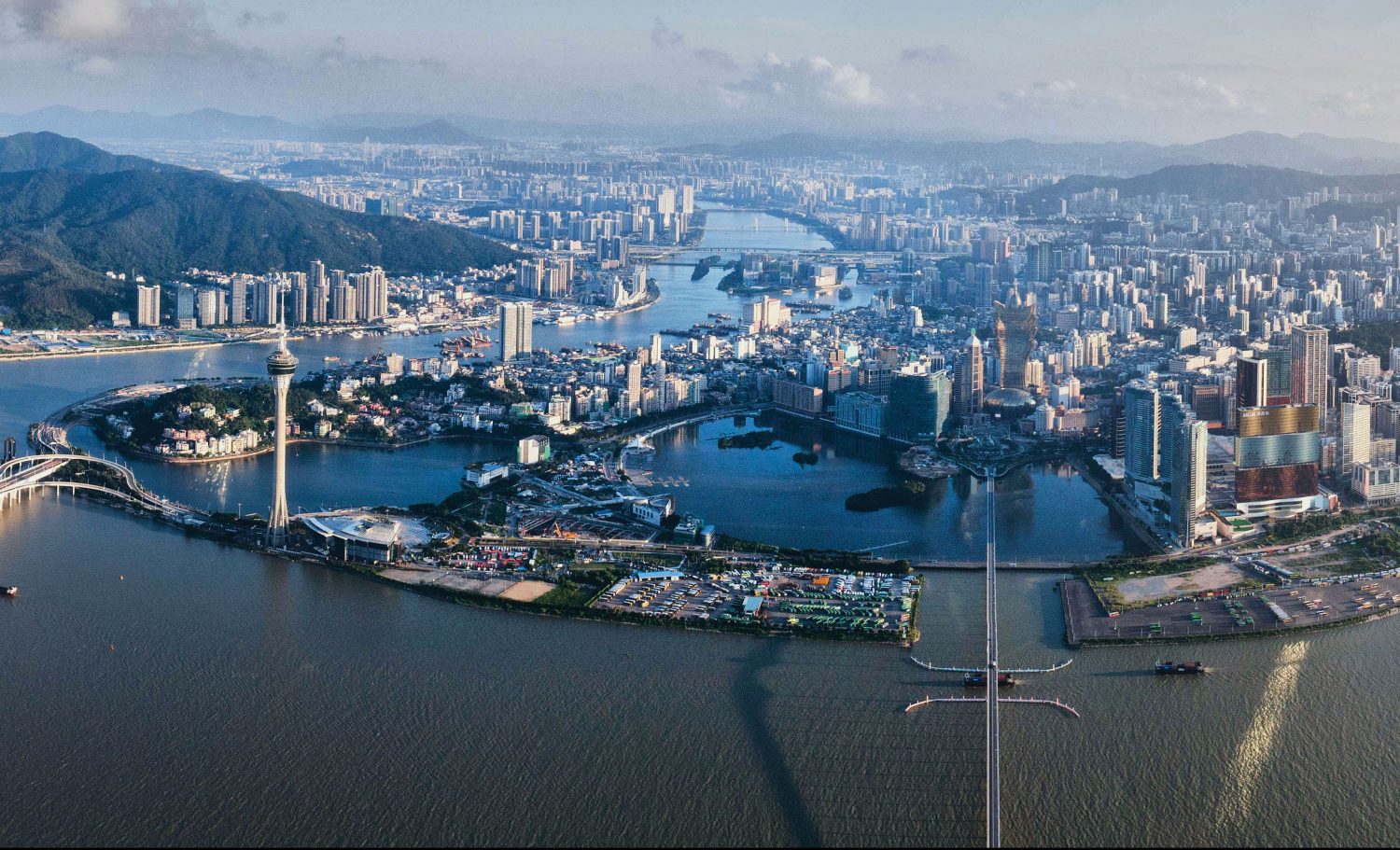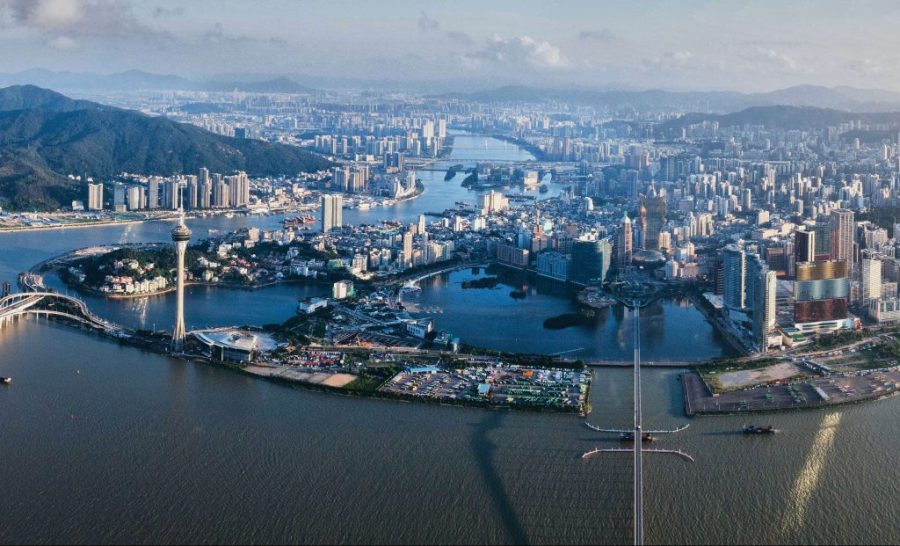The Economist Intelligence Unit (EIU) forecasts a 69.8 per cent contraction of Macao’s economy in 2020, which should only recover to pre-crisis levels in late 2021.
In its latest report on Macao’s economy, the EIU highlights the June 18 figures released by the Statistics and Census Service on tourist arrivals data, which showed that there were 16,133 arrivals in Macao in May, a fall of 99.5 per cent year on year.
“Given the poor gambling and tourism figures published for April–May and the recent imposition of fresh controls on travellers from Beijing, Macao’s second-quarter economic performance will be dire”, the report states.
“We maintain our forecast that the economy will enter deep double-digit contraction in 2020, with a resumption in economic performance [to pre-crisis levels] unlikely until late 2021”, it adds.
The EIU currently estimates GDP output in Macao to drop nearly 70 per cent in 2020, bouncing back to a 31 per cent growth in 2021.
“We now expect real GDP to fall by 69.8 per cent in 2020, the most severe contraction in Macao’s history, owing to the impact of the coronavirus”, the EIU states. “This will primarily reflect disruptions to gambling and tourism, which will cause services exports to plunge”.
Reduced gambling and tourism activity will similarly prompt significant contractions in private consumption (down by 35.5 per cent) and investment (down by 61.5 per cent), according to the EIU. An uptick in government consumption (up by 20.6 per cent) “will not offset the shock to headline GDP”.
“An economic recovery will start to build in 2021, although the pace of expansion that year (at 31.1 per cent) will primarily reflect a low base of annual comparison. We do not expect tourism or gambling levels to return to pre-crisis levels until 2022 at the earliest”, the report adds.
As a result of those changes, the EIU has adjusted its unemployment forecast to average 2.6 per cent in 2020–21, from 2 per cent previously. Policy stimulus to support employment will keep this from rising further, although risks are tilted to the upside, according to the forecast.
The “continuing slump in the tourism and gambling sector” – albeit an improvement compared with April – is due to the maintenance of crossborder travel restrictions to prevent viral transmission, the report adds. Arrivals from China fell by 99.4 per cent year on year, to 14,793.
Those figures brought total arrivals in January–May from all source markets to 3.2m, down by 81.1% year on year. Separate figures published by Macao’s Gaming Inspection and Coordination Bureau show that gross gambling revenue (a measure of casino takings) was also down by 93.2 per cent in May, reaching MOP 1.8 billion (US$221 million).
“Revenue was driven by the return of a handful of VIP gamblers to the territory, although mass-market tourism in the city has yet to be re-established”, the EIU states.
“The key to rehabilitating tourism and gambling remains contingent on resuming strong visitor flows from mainland China. Concern is mounting over the small second wave of coronavirus [COVID-19] cases in China, which will frustrate a full lifting of travel restrictions”, the report adds.
On June 17, Macao imposed a 14-day quarantine on all recent visitors to the Chinese capital, Beijing, following a second-wave re-emergence of COVID-19 in that city. This follows an announcement on 10 June that quarantine restrictions on those travelling to Macao through Zhuhai in Guangdong were being lifted, but that mainland Chinese visitors were not included in the loosening.
“Although this makes it easier for Macao residents to make day trips to Zhuhai, it does not augur well for the tourism industry in Macao itself. Even with the lifting of travel restrictions, however – such as the potential creation of `travel bubbles’ to facilitate cross-border people flows”, claims the report.
As a result of relief measures in response to the coronavirus (COVID-19), the EIU now expects the government balance to fall into a deficit equivalent to 27.1 per cent of GDP in 2020, the first deficit in Macao’s history, although overall reserves will stay robust.
For the third quarter, the EIU expects additional stimulus measures, with “the collapse in gambling and tourism activity adding further pressure to employment and income”.
(CLBrief/Macau News)






